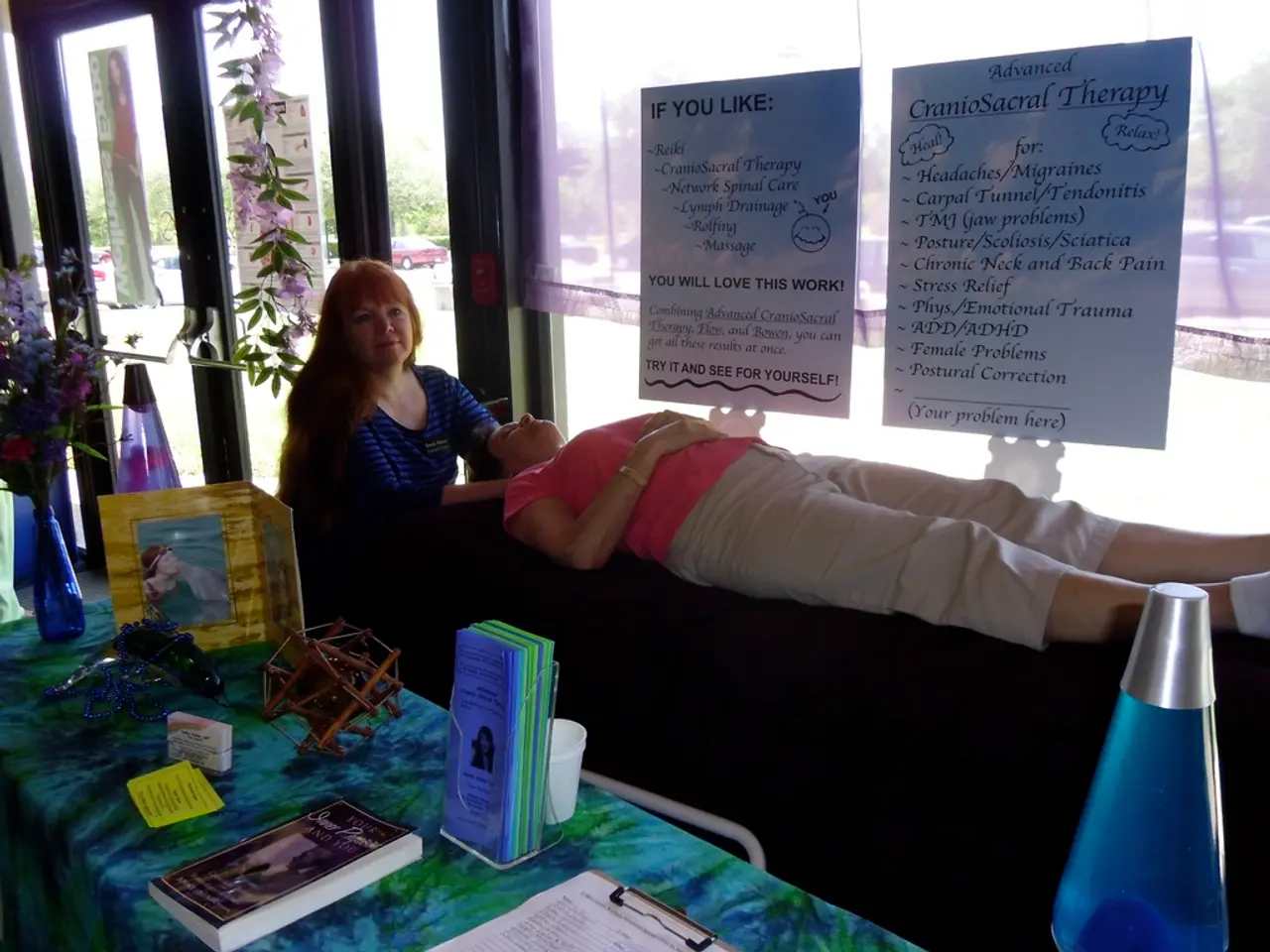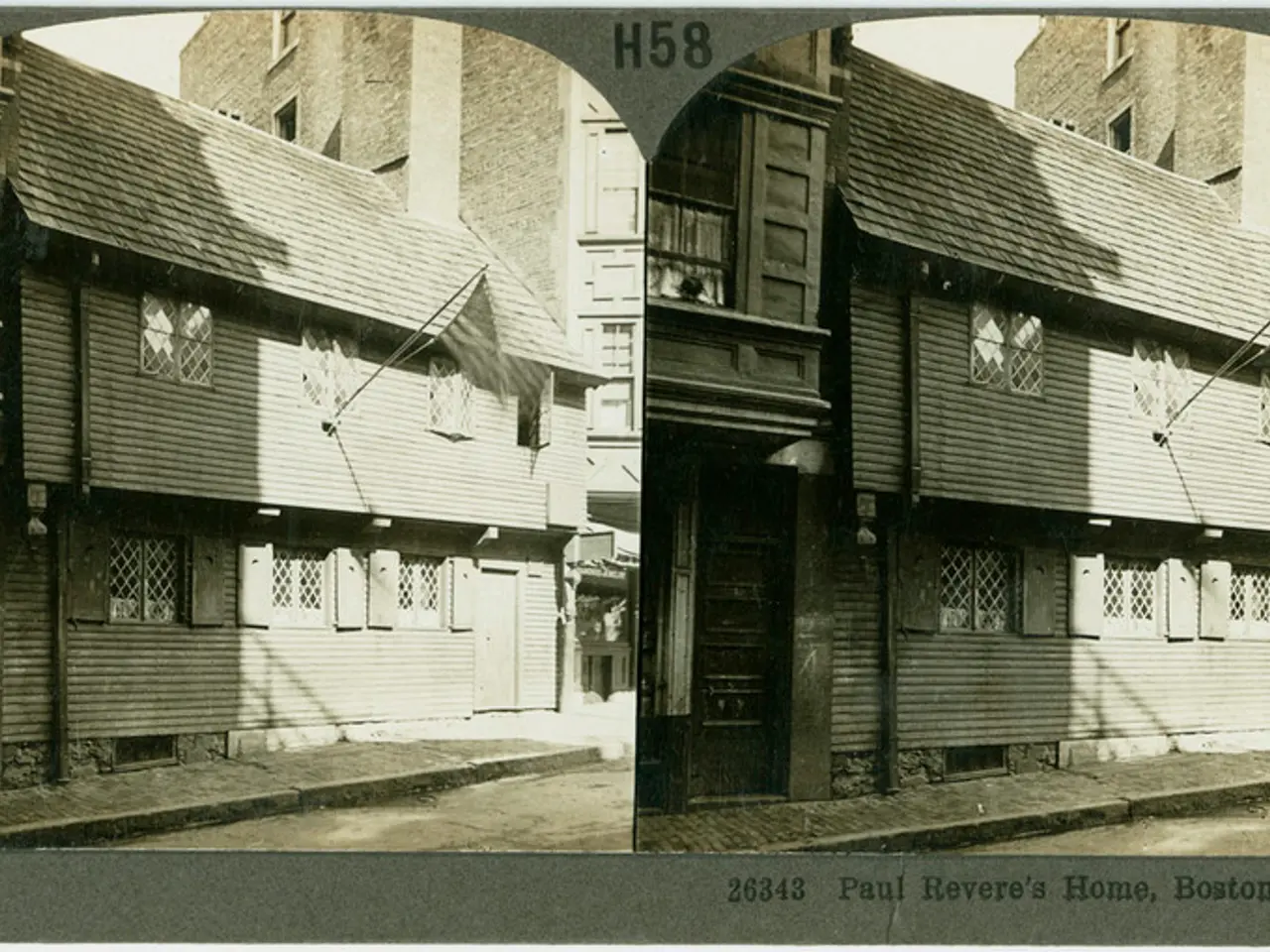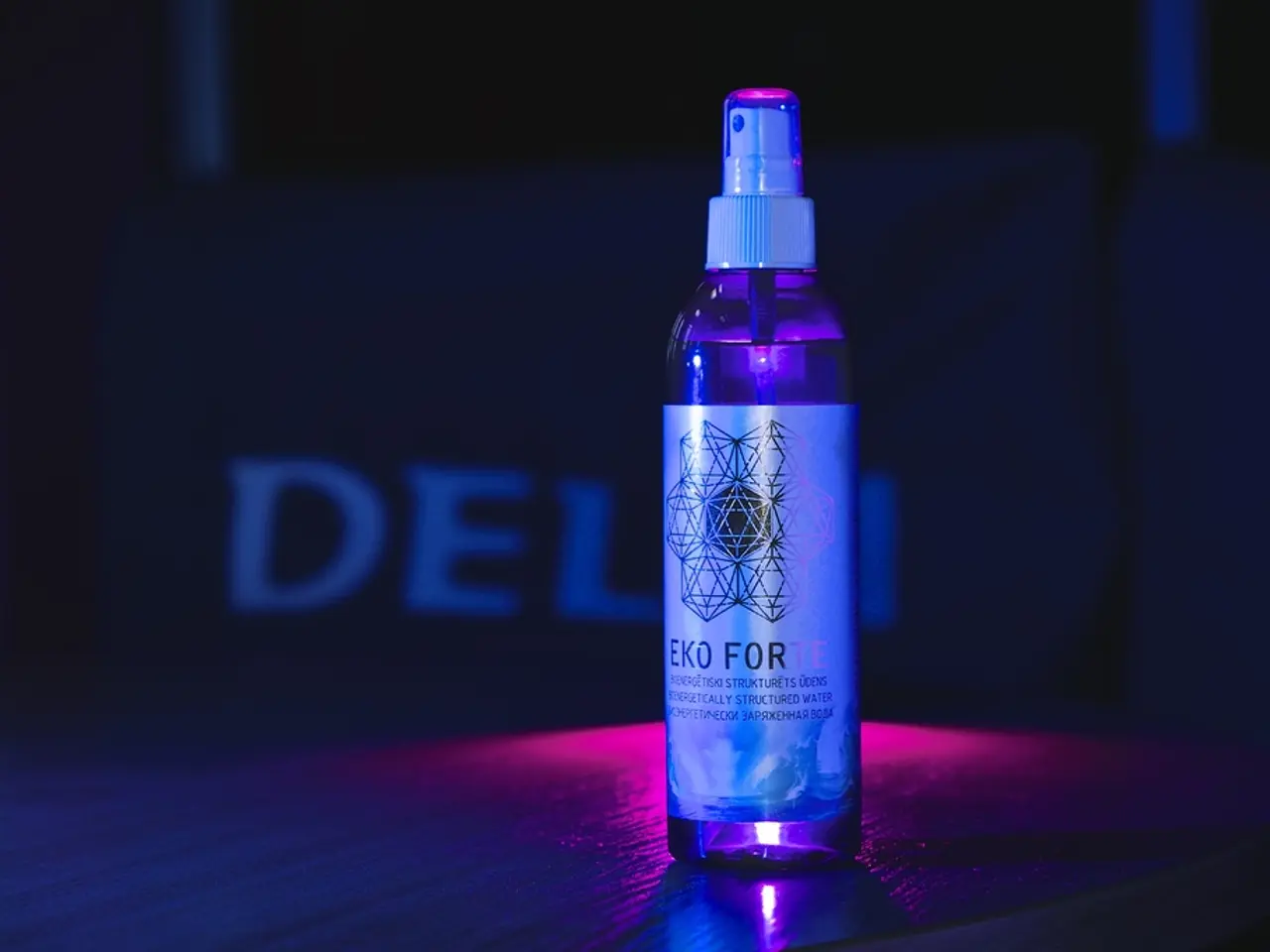Strategies for Maximizing the Benefits of Your Joint Therapy Session as a Couple
In the realm of relationships, seeking help from a professional counsellor can be a significant step towards healing and growth. However, it's essential to approach this journey with care and preparation. Here's a guide to help you prepare for a successful couples counselling session.
**Steps to Prepare**
1. **Reflect Together and Individually:** Discuss with your partner the reasons for seeking counselling and what you each hope to achieve - better communication, conflict resolution, or deeper intimacy, for example. Be prepared to commit actively to the process, including practicing skills outside sessions.
2. **Find a Good Counsellor:** Look for licensed marriage and family therapists with experience in couples therapy. Before committing, review their credentials and approach, such as the Gottman Method or Emotionally Focused Therapy, to ensure a good fit for both partners.
3. **Understand Your Personal and Relationship History:** Be prepared to share important background information about your relationship and personal histories to provide context to the therapist. Consider any family or cultural influences shaping your expectations and patterns in the relationship.
4. **Discuss Expectations About the Therapy Itself:** Agree on possible conversation topics, noting if there are any subjects either partner prefers to avoid initially. Clarify your relationship goals for therapy - what does “success” look like for each of you and for your partnership?
5. **Learn About the Counsellor’s Views on Marriage:** It's important to ask the therapist about their philosophy on marriage and long-term relationships to ensure alignment with your values and needs. This can help establish trust and clarify how they will approach sensitive issues.
6. **Focus on Personal Growth:** Recognize that couples counselling often involves learning about your own behaviors and emotions and may require facing uncomfortable truths for growth. Commit to individual self-awareness and building healthy boundaries, as emotional readiness greatly affects outcomes.
### Important Questions to Ask Your Counsellor
- What is your approach to couples therapy? - How do you handle confidentiality and safety in sessions? - How do you help couples set and work towards goals? - What communication tools or exercises do you recommend? - How do you support individual growth within the relationship framework? - How do you manage conflicts around family or cultural issues?
### Key Focus Areas During Therapy
- Establish clear, respectful, and safe communication patterns. - Explore and negotiate expectations openly to avoid misunderstandings. - Address family and social influences that affect the relationship dynamic. - Practice problem-solving and communication skills introduced by the therapist, with homework assignments to reinforce learning.
Success in couples counselling hinges on open communication, a shared commitment to the process, finding the right therapist, and being willing to explore both relationship and individual growth areas. Preparing by aligning goals with your partner, understanding your histories, and establishing trust with your counsellor can make sessions more productive and empowering.
This approach turns counselling into a collaborative journey aimed at building intimacy, respect, and long-term resilience. Open communication with the chosen counsellor is crucial for the best results. Emotional bonds and personal history are important for a counsellor to understand to provide valuable insight into your relationships. Researching a counsellor takes time, and making a hasty decision can lead to lost time and added frustration. Most couples let relationship matters aggravate over the years before choosing to attend a counselling session. Ensuring both partners are 100% invested in the therapy is crucial for a relationship to grow and heal. Couples counselling sessions aim to help couples make better adjustments without deviating from deeply held principles or core values. The longer a couple waits to attend a counselling session, the greater the difficulty of making amends in a relationship.
- To foster a healthy and harmonious relationship, it's crucial to consider integrating scientifically backed mental health therapies and treatments, such as Emotionally Focused Therapy or the Gottman Method, into a comprehensive health-and-wellness lifestyle.
- In the quest for improved family dynamics and relationships, understanding one's personal history, including cultural influences, is essential in making family therapy more effective and enlightening.
- Achieving mutual growth in a relationship doesn't only involve focusing on relationship issues, but also on individual self-awareness and mental health, which can lead to improved communication skills, better conflict resolution, and overall better lifestyle choices for both partners.




